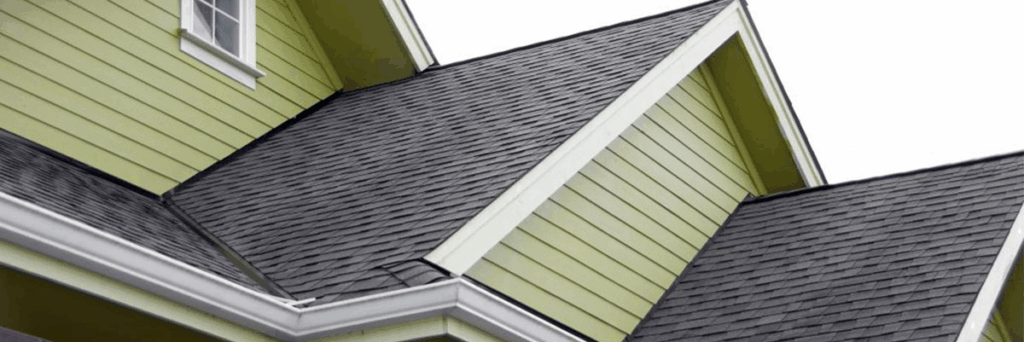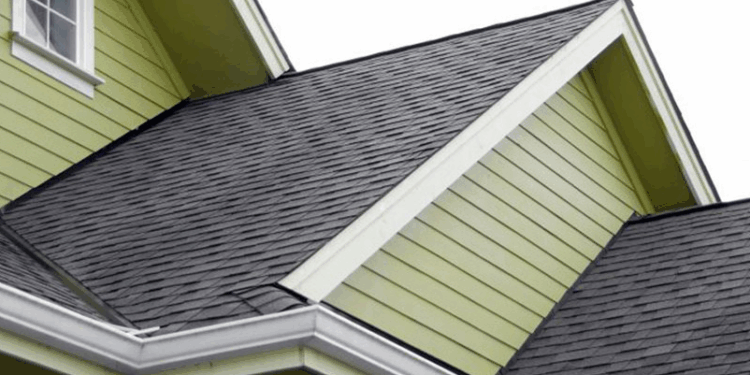
Embark on a journey to discover the top siding companies near you, unraveling a tapestry of information that will guide you in making the right choice for your siding needs.
Explore the nuances of selecting the best siding company through factors like customer reviews, pricing structures, credentials, and more.
Researching Top Siding Companies
When researching top siding companies in your local area, it is essential to consider various key factors to ensure you choose a reputable and reliable company for your siding project. From checking customer reviews and ratings to examining past projects and portfolios, here are some important aspects to keep in mind:
Checking Customer Reviews and Ratings
- Look for online platforms such as Google, Yelp, or Angie’s List to read customer reviews and ratings of siding companies.
- Pay attention to both positive and negative feedback to get a comprehensive understanding of the company’s reputation.
- Consider how the company responds to negative reviews and if they strive to address customer concerns promptly and effectively.
Examining Past Projects and Portfolios
- Request to see a portfolio of the company’s past siding projects to assess the quality of their workmanship and design capabilities.
- Visit completed projects in person if possible to see the siding up close and evaluate the overall craftsmanship.
- Ask for references from previous clients to gather firsthand feedback on their experience working with the company.
Getting Quotes and Estimates
Obtaining quotes and estimates from different siding companies is a crucial step in the process of choosing the right contractor for your project. It allows you to compare pricing structures, assess the quality of materials and workmanship, and ensure that the project stays within your budget.
Comparing Pricing Structures
When requesting quotes from siding companies near you, it’s essential to compare the pricing structures offered by each contractor. Some companies may provide a lump sum quote for the entire project, while others may break down the costs into materials, labor, and other expenses.
By comparing these pricing structures, you can determine which company offers the most competitive rates and transparent pricing.
Significance of Detailed Quotes
Requesting detailed quotes outlining materials, labor costs, and timelines is crucial in ensuring that you have a clear understanding of the scope of work and associated costs. A detailed quote allows you to see exactly what you are paying for and helps prevent any surprises or hidden fees down the line.
Additionally, a timeline included in the quote helps you plan and coordinate the project efficiently.
Checking Credentials and Insurance
When selecting a siding company for your home improvement project, it is crucial to verify their credentials and insurance coverage to ensure a smooth and successful process.:
Importance of Verifying Licenses and Certifications
It is essential to check if the siding company you are considering has the necessary licenses and certifications to operate in your area. A valid license indicates that the company meets the required standards and regulations set by the state or local authorities.
Certifications from reputable organizations also demonstrate the expertise and professionalism of the company’s employees.
Significance of Ensuring Proper Insurance Coverage
Another critical aspect to consider is the insurance coverage of the siding company. Make sure that the company has liability insurance and workers’ compensation insurance. Liability insurance protects you in case of any damage to your property during the project, while workers’ compensation insurance covers the employees in case of any injuries on the job.
Without proper insurance, you could be held liable for any accidents or damages that occur during the project.
Key Credentials to Look For
- Valid License: Ensure that the siding company has a current and valid license to operate in your area.
- Certifications: Look for certifications from industry organizations that demonstrate the expertise and professionalism of the company.
- Insurance Coverage: Verify that the company has liability insurance and workers’ compensation insurance to protect you and their employees.
Choosing the Right Siding Material
When it comes to choosing the right siding material for your home, there are several factors to consider. From durability to maintenance requirements, each type of siding material has its own unique characteristics that may suit your needs.Vinyl Siding:Vinyl siding is a popular choice due to its affordability, low maintenance, and variety of colors and styles.
It is durable and can withstand harsh weather conditions. However, it may crack or fade over time, requiring replacement.Wood Siding:Wood siding provides a natural and timeless look to your home. It is environmentally friendly and can be painted or stained to match your desired aesthetic.
However, wood siding may require more maintenance, such as regular painting and staining to prevent rot and decay.Fiber Cement Siding:Fiber cement siding is a durable and low-maintenance option that can mimic the look of wood or masonry. It is resistant to rot, fire, and pests.
However, it is heavier and may require professional installation.Metal Siding:Metal siding, such as aluminum or steel, is known for its durability and resistance to fire, rot, and pests. It is low maintenance and can be painted in various colors. However, metal siding may dent or scratch easily.Consider your climate, budget, and maintenance preferences when choosing the right siding material for your home.
Consult with a professional siding company to discuss the best option that meets your needs and enhances the curb appeal of your home.
Scheduling Installation and Timelines
When it comes to scheduling the installation of your siding, it’s essential to have a clear understanding of the typical timeline for the project. Factors such as the size of your home, the type of siding material chosen, and the availability of the top siding companies can all affect the scheduling of your project.
Here are some tips to help you coordinate with siding companies to set a convenient installation timeline:
Typical Timeline for Siding Installation
- On average, the installation of siding can take anywhere from a few days to a few weeks, depending on the size of your home and the complexity of the project.
- Top siding companies usually provide a detailed timeline at the beginning of the project, outlining each step of the installation process.
- Factors such as weather conditions and the availability of materials can impact the overall timeline, so it’s important to be flexible with the schedule.
Factors Affecting Scheduling
- Weather: Extreme weather conditions like rain or snow can delay the installation process, so it’s crucial to plan accordingly.
- Material Availability: Certain siding materials may have longer lead times, so make sure to factor this into your scheduling.
- Permitting and Inspections: Obtaining permits and scheduling inspections can also affect the timeline, so be sure to account for these additional steps.
Coordinating with Siding Companies
- Communicate your availability and preferences with the siding company from the start to ensure a smooth scheduling process.
- Be proactive in following up with the company to confirm dates and times for the installation to avoid any delays.
- Stay in touch with the project manager or contractor throughout the installation process to address any scheduling issues that may arise.
Warranty and Service Guarantees
When choosing a siding company for your home, it is crucial to consider the warranties and service guarantees they offer. These protections can provide you with peace of mind knowing that your investment is secure and that any issues will be addressed promptly and efficiently.
Key Components of Siding Warranties
- Length of Warranty: Look for a warranty that offers coverage for an extended period, ideally covering both materials and labor.
- Transferability: A warranty that can be transferred to a new homeowner can increase the resale value of your home.
- Exclusions: Pay attention to any exclusions or limitations in the warranty, such as damage from natural disasters or improper installation.
- Maintenance Requirements: Some warranties may require regular maintenance to remain valid, so make sure you understand these requirements.
Comparing Warranty Options
- Read Carefully: Take the time to read and understand the details of each warranty to compare coverage and limitations.
- Ask Questions: If you have any doubts or need clarification, do not hesitate to ask the siding company for more information.
- Consider Reputation: Research the reputation of the siding company and their track record of honoring warranties before making a decision.
- Additional Guarantees: Some companies may offer additional service guarantees, such as satisfaction guarantees or workmanship warranties, which can add value to your investment.
Summary
In conclusion, the quest for top siding companies near you unveils a landscape of options and considerations, paving the way for a seamless and satisfying siding project experience.
Quick FAQs
How can I verify the credentials of siding companies?
You can verify credentials by checking licenses, certifications, and reviews from past clients.
What factors can affect the scheduling of a siding project?
Factors like weather conditions, material availability, and the company’s current workload can impact project timelines.
What are the key components to look for in siding warranties?
Key components include coverage duration, what is covered (materials, labor), and any exclusions or limitations.














